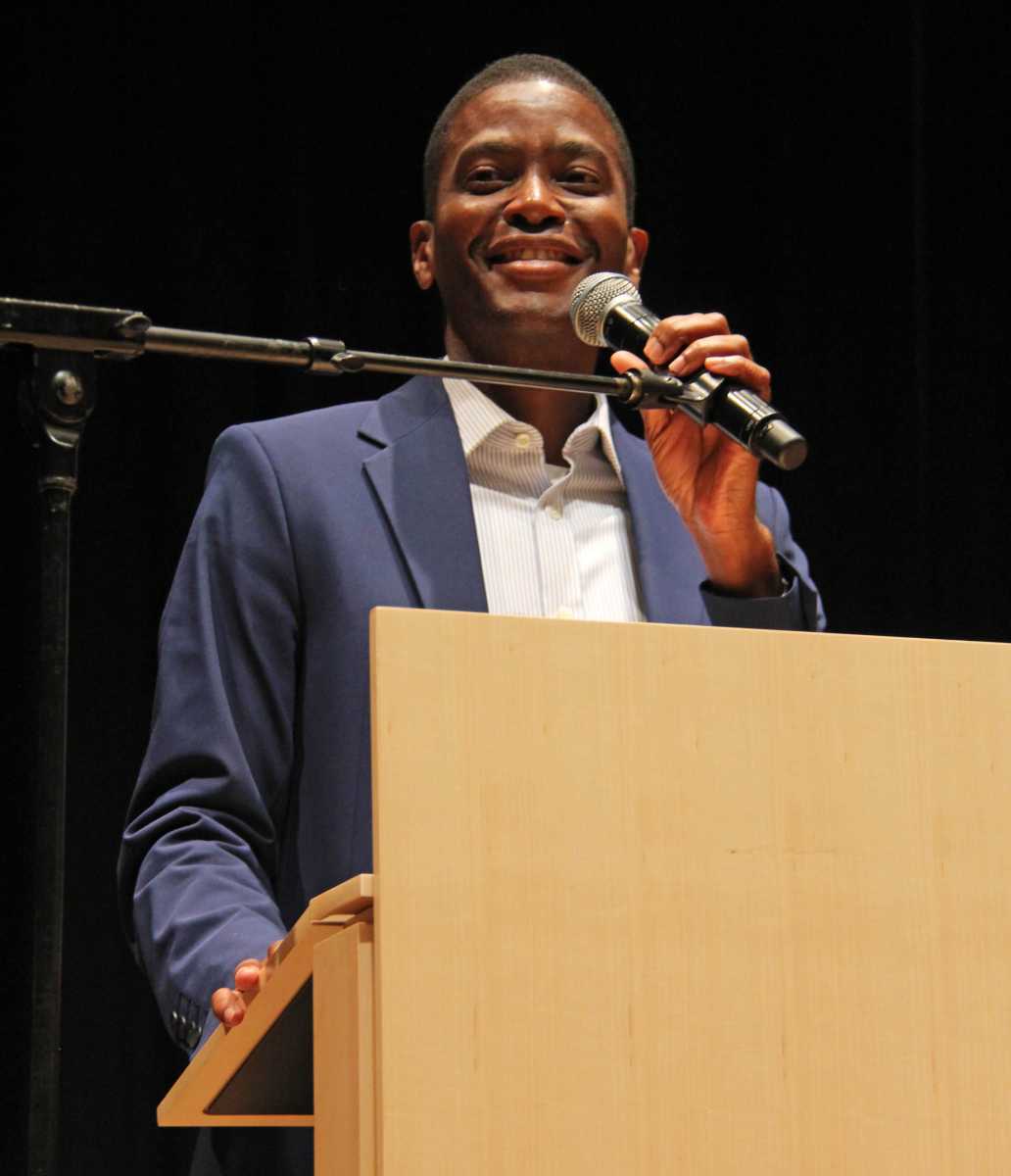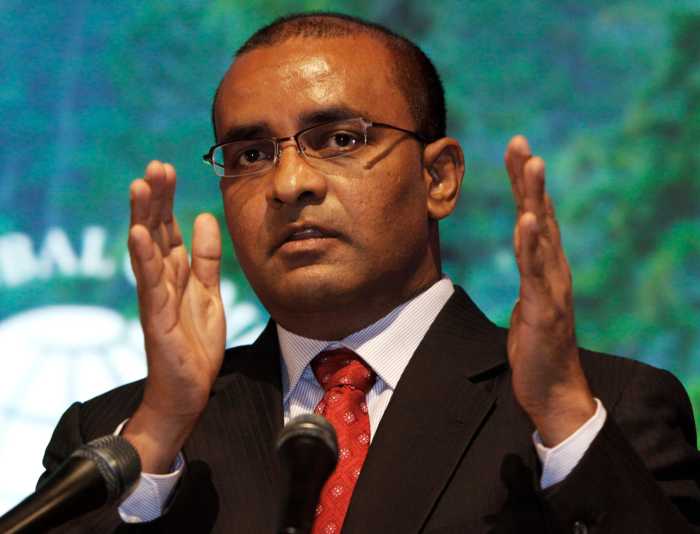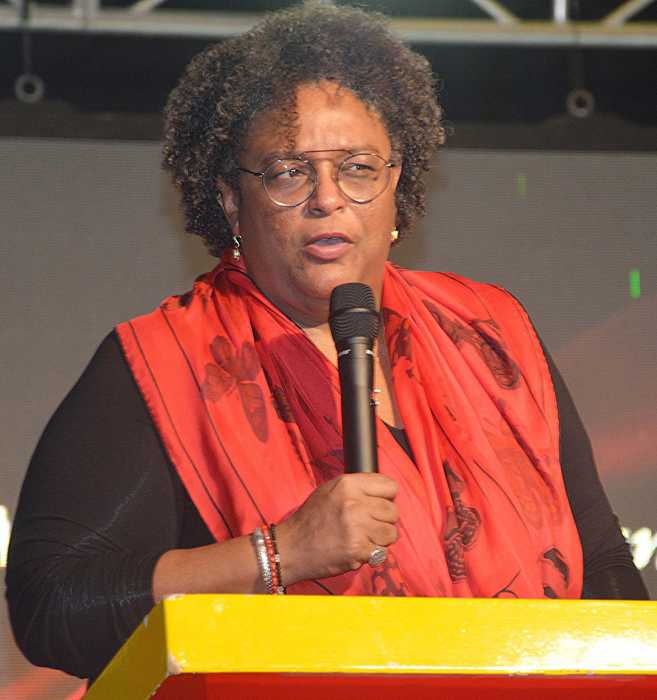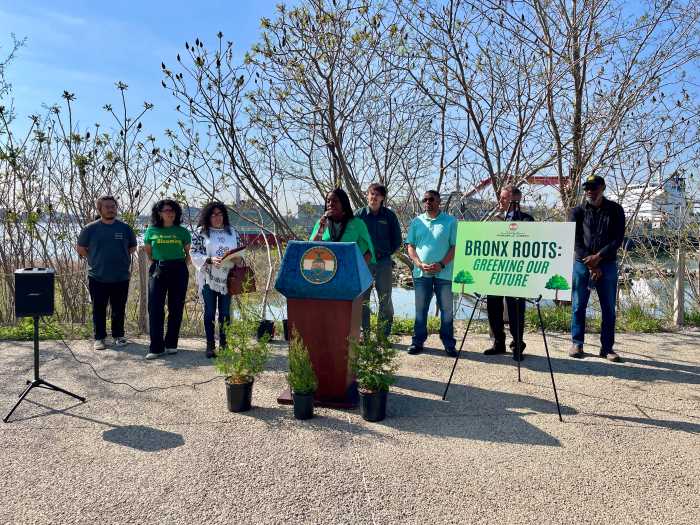CARICOM
Caribbean Community (CARICOM) Secretary General, Dr. Carla Barnett recently concluded a two-day visit to Japan holding discussions with high-level government officials and participating in the launch of the CARICOM-Japan Friendship Year 2024.
The year 2024 was designated CARICOM-Japan Friendship Year to mark the 30th anniversary of the first Japan-CARICOM consultation, and the 60th anniversary of the establishment of diplomatic relations between Japan and Jamaica, and Trinidad and Tobago, respectively.
Speaking at the reception, Barnett said Japan has remained an important partner for the 15-member regional integration movement.
“We attach great value to the enduring bonds of friendship that have been forged over the years. Our partnership is built on a foundation of mutual respect, shared values, and a genuine desire to collaborate for the benefit of our peoples,” the secretary general said.
Japan’s Minister of Foreign Affairs, Yoko Kamika- wa said Japan and CARICOM countries are important partners, sharing values and principles in an international situation where cooperation among such countries is becoming more important than ever.
So far, CARICOM and Japan have had held one summit, seven ministerial meetings and 19 consultations between senior officials on the two sides.
The secretary general noted the technical cooperation has provided critical support to CARICOM in small and medium-sized enterprises, agriculture and fisheries, information technology, environmental conservation, disaster management, climate change, energy, culture and tourism.
Dominica
The Dominica Public Service Union (DPSU) says it is seeking a 15 percent salary increase for its members over a three-year period.
DPSU General Secretary Thomas Letang said “we have looked at the rate of inflation … and we are proposing to the government that for the 2021-22 financial year, that public officers be paid a four percent salary increase. For the year 2022-23, we are proposing a five per cent salary increase (and) for the year 2023-24, your executive is proposing a six percent salary increase.
“So in all, brothers and sisters, we are proposing a total of 15 percent salary increase over a three year period. We will be told that the government embarked on a re-classification exercise, we have always said to you that a re-classification exercise, especially one where large groups of public officers are disadvantaged, is not a salary increase.”
Letang said re-classification “is not a salary increase,” warning, “So when we decide, brothers and sisters, to stand and to send that message that we want a salary increase and we want something that is reasonable and fair, my expectation is that whatever dream that you now have, will become a reality.”
Grenada
Piloting the 2024 Firearm Act Amendment Bill in Parliament, Prime Minister Dickon Mitchell, who is also the National Security Minister, said that during the five-year period, 2019-2023, police confiscated 68 illegal firearms, which included semi-automatic Glock and Remington weapons.
He also said that law enforcement authorities have arrested and charged 78 people for firearm or firearm related offences over the last two years.
The bill seeks to provide the Minister for National Security with the authority to declare a period of amnesty for the handing over of illegal firearm to law enforcement.
“The issue of illegal and unlawful firearms is a troubling and vexing one and has the potential and ability to significantly derail and destroy our peaceful way of life and our socio-economic development,” Mitchell said.
“The outcomes are inevitable and guaranteed, you will either kill somebody, you will kill yourself, you will maim somebody, you will maim yourself, or its either the grave, jail or the hospital,” Mitchell said, appealing to persons with illegal firearms to hand them over to the authorities.
“Come forward and surrender the firearm without prosecution.”
“The amnesty is not going to last forever. After the amnesty, the intent is to further amend the Firearm Act.
“This is an opportunity for those who have illegal firearm to hand over without prosecution,” he added.
Guyana
Guyana has called on the global legislators to condemn new moves by Venezuela seeking to gain control of the Essequibo region that makes up about two-thirds of the country and is home to 125,000 of its 800,000 citizens.
Addressing the 148th Inter-Parliamentary Union (IPU) Assembly, Attorney General and Minister of Legal Affairs, Anil Nandlall, said that while time would not permit delegates “at this conference to collectively condemn the actions of Venezuela, there is still much to be done.
“I appeal to each of you to use the theme of this conference and the platform of your respective Parliaments to condemn the actions of Venezuela; to demand compliance with International Law; and to call for diplomacy to be used as a bridge for peace and understanding.
“This is not a favor to Guyana, but it is discharging a duty we owe to ourselves and indeed the world, if we are to be true to the founding principles of this organization,” Nandlall said.
He told the conference that parliaments across the world bring together the largest number of the most powerful elected leaders on the planet and that this “mighty army can easily be the greatest global human agency of change, including, procuring lasting peace and understanding.
“The IPU, being the largest global association of Parliaments, with its grounding principles that dialogue is central to the peaceful resolution of conflicts, is ideally poised to achieve this objective.”
Haiti
The executive director of the United Nations Children Fund (Unicef), Catherine Russell, said “countless children” are at risk of death in Haiti as gangs tighten their grip on power and the humanitarian crisis worsens in the country.
“The violence and instability in Haiti have consequences far beyond the risk of the violence itself,” she said.
Russell said that more than 125,000 children are imminently threatened by severe acute malnutrition, all “while life-saving supplies are ready to be delivered if violence stops and roads and hospitals are opened.”
A report by the Integrated Food Security Phase Classification initiative, said that an estimated five million people, accounting for about half of Haiti’s population, have been pushed to “high levels of acute food insecurity” since gang violence surged.
Food insecurity and the health crisis are worsened by limited access to those in need. Unicef said a lack of security brought by the gang violence has restricted aid deliveries and weakened the country’s health care system. It has called for the return of law and order to Haiti’s streets so hospitals, schools and other “humanitarian spaces” can be protected.
St. Lucia
The S.t Lucia-based Organisation of Eastern Caribbean States (OECS) Commission has adopted a unified and collaborative approach to enhance and address the challenges facing the nine-member tourism sector in the sub-regional grouping.
It said the OECS Tourism Policy Regional Task Force, comprising senior public servants and technical officers from the Ministries of Tourism across OECS, had convened a two-day regional consultation in Antigua and Barbuda, aimed at establishing new guiding principles and articulate a mission and vision for the development of a new OECS common Tourism Policy.
OECS Director General, Dr. Didacus Jules says the updated policy will seek to develop a fully comprehensive and pragmatic approach that supports competitiveness, balanced growth, greater community participation, and increased benefits to local communities as mandated by the Revised Treaty of Basseterre, introducing new areas of opportunities specifically within the blue economy.
The chief executive officer of the Antigua and Barbuda Tourism Authority, Colin James, welcomed the initiative’s potential, highlighting the economic challenges of developing tourism and the benefits of a collective approach.
— Compiled by Devika Ragoonanan



























